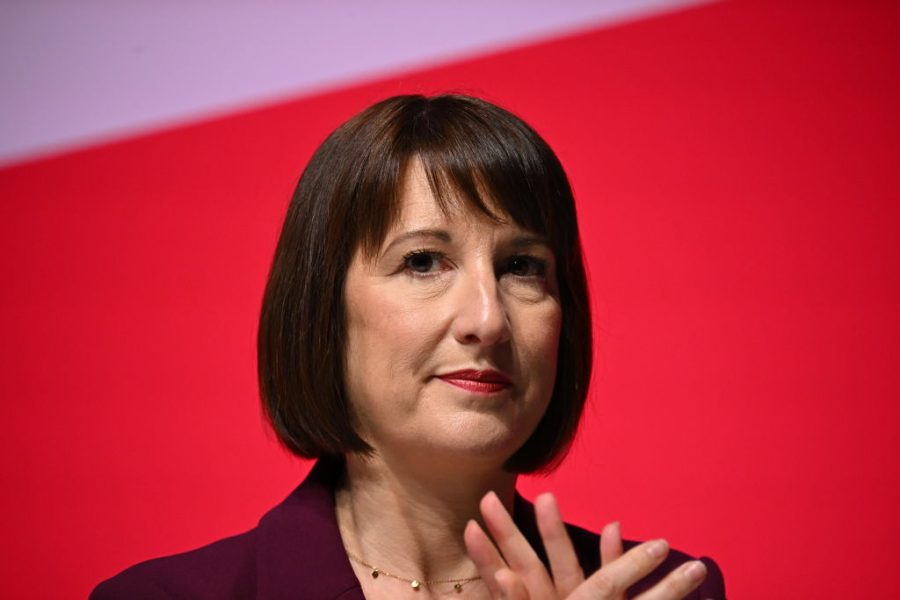The tragedy of the coming Budget is that it could have been a great reforming Budget. Instead, it now looks like being an extremely messy one, with the Chancellor buffeted by political winds into coming up with tax changes which are bizarre, punitive and which end up pleasing no-one. The latest symptom of this is the suggestion, reported in the Times today, that Rachel Reeves may increase capital gains tax on shares but not on property.
Why should you pay more tax when you sell your shares than when you sell an investment property? Reeves was right the first time, when she hinted that she was going to equalise capital gains tax with income tax.
The electorate tends to take a dismal view of politicians who row back on their own promises
Why can’t we have a simple, flat tax system which treats all kinds of income and capital gains in the same way? It would suit accountants, who thrive on a Byzantine tax system, but it would make life a lot simpler for the rest of us. And no, in spite of the bleatings from property investors, it wouldn’t mean that the housing market would stall, that people would stop selling properties because they couldn’t afford the capital gains tax bill – if you are selling a property on which you have made a capital gain then by definition you will have the capital to pay the tax bill, unless you have remortgaged after you bought the property. Even then, so strong has been the surge in house prices over the past three decades that there can’t be many investors whose mortgage currently exceeds the equity in their property.
Reeves’ big mistake was not to offer anything in return for jacking up capital gains tax. What she should be doing is equalise capital gains tax with income tax, but then give something back by cutting the rate of income tax, or maybe making a substantial rise in the threshold at which taxpayers start to pay the higher rate of income tax. I guess she may still theoretically actually do something like this, given the Budget is not for another couple of weeks.
The tax rate on income and capital gains, in other words, could have met somewhere in the middle. It needn’t have stopped her raising net revenue from her Budget, but would at least have signalled that she is not all about take, take, take.
Better still, Reeves could use proceeds from higher capital gains tax to continue what Jeremy Hunt started – and cut National Insurance (NI). Instead, she appears to be thinking of raising employers’ contributions, increasing what is a blatant tax on jobs, and breaching a manifesto commitment not to raise NI. As George H Bush discovered when he broke his famous ‘read my lips – no new taxes’ pledge, the electorate tends to take a dismal view of politicians who row back on their own promises.
It is the same with tax relief on pension contributions, which she apparently planned to restrict to 20 or 30 per cent before rowing back on the plan after it was pointed out that higher-paid public sector workers could be affected. The whole point of pension tax relief surely is to encourage people to save in order to make them less dependent on the taxpayer in retirement. But in order to do that you don’t need to give wealthy individuals the chance to squirrel away £60,000 a year and earn tax relief of 45 per cent. She should have gone ahead with her plan, and used some of the extra revenue she earned in order to cut income tax.
As I have written here before, my preference is for simple, flat taxes where all kinds of income and capital gain are treated in the same way, where there are few reliefs but where tax rates are as low as they can be. Reeves could have taken us closer to the happy situation, but it now seems she is going in the other direction.
Listen to Coffee House Shots, The Spectator’s daily politics podcast:







Comments